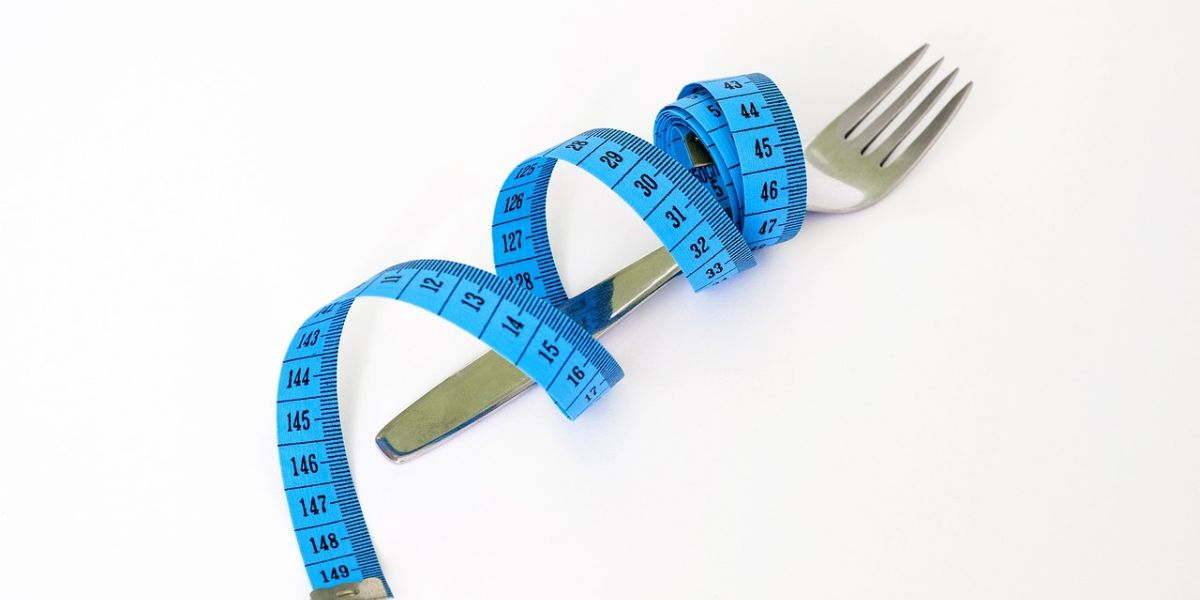Kapanlagi.com - Eid has passed, but is your diet resolution still etched in your heart? Many find it difficult to return to a healthy eating pattern after being spoiled by a variety of delicious dishes during the celebration.
After Eid, various factors can trap us in unhealthy eating patterns. Tempting foods still come our way, whether at home or when gathering with family.
Additionally, mental readiness that is not yet optimal often becomes the main obstacle. But don’t worry! With the right preparation and strategies, you can face these challenges and achieve your dream diet goals.
This article will provide a complete guide, from preparing your mindset, overcoming temptations, planning a healthy eating pattern, to increasing physical activity and self-care.
By following these tips, you will be able to build a strong mindset and remain consistent in your post-Eid diet. Let’s maintain our ideal weight and keep our health in top shape!
1. Strong Mental Preparation
Before stepping into the world of dieting, prepare your mind thoroughly! Realize that temptations will always come, but don’t let that hinder your progress.
Set realistic goals; for example, gradually reduce portion sizes or replace unhealthy snacks with better choices. Every small success will be a boost to your spirit and increase your confidence.
Visualize yourself achieving your ideal weight, feel the positive energy flowing within you. This image will be an invaluable source of motivation to stay consistent.
Don’t hesitate to seek support from family, friends, or online communities; they can be a strong pillar when temptations arise. Remember, your main goal is health, not just a number on the scale.
Focus on the long-term benefits of a healthy diet, such as abundant energy, better health, and increased confidence.
With a strong mindset, you will be better prepared to face every challenge in your dieting journey!
2. Smart Strategies to Overcome Unhealthy Food Temptations
After solidifying your intention, it's time to devise a solid strategy to conquer the temptation of unhealthy foods. First, reduce exposure to such foods by not keeping them at home.
If you must attend an event filled with tempting foods, be wise by choosing small portions and prioritizing healthier options.
Try practicing mindful eating: enjoy every bite, savor the texture and aroma, and eat slowly so that you feel more satisfied even with smaller portions.
If the craving for certain foods arises, look for better alternatives, such as replacing fried foods with steamed or baked options, and swapping sweet drinks for plain water or herbal tea.
Don't forget to reward yourself, but not with food! Set up a reward system for each small achievement, like buying a new book or enjoying your favorite movie.
Most importantly, don't let a single failure stop your progress; consider it a valuable lesson and continue your diet journey the next day.
3. Healthy Eating Plan
After celebrating Eid, it's time to get your body back on a healthy track by regulating your eating patterns.
Create a consistent meal schedule, including breakfast, lunch, and dinner, as skipping breakfast will only lead to binge eating later in the day.
Add fiber from fruits, vegetables, and whole grains to your daily menu to keep you feeling full longer. Choose lean protein sources such as skinless chicken, fish, tofu, tempeh, and legumes, and limit your intake of sugar and salt by reducing sweet and salty foods.
Don't forget to drink enough water every day to keep your body well-hydrated. The detoxification process after Eid is also important, so increase your consumption of fruits and vegetables.
Remember, regulating your eating patterns doesn't have to be through strict dieting; the most important thing is to find a balance in your nutrient intake and gradually reduce fatty and sweet foods while returning to more controlled portion sizes to help your body adapt after days filled with culinary temptations.
4. Physical Activity and Self-Care
Regular exercise is key to maintaining health and supporting effective weight loss. Just take at least 30 minutes each day to move, and choose activities that you enjoy to keep your motivation high.
If you feel tired, there's nothing wrong with starting with light activities like walking or stretching. Additionally, don't forget the importance of rest; make sure you get quality sleep for 7-8 hours each night to maintain mental and physical health.
Manage stress wisely, as unmanaged stress can trigger overeating habits. Find effective ways to relieve stress, such as meditation, yoga, or simply enjoying the beauty of nature.
If necessary, don't hesitate to consult with a nutritionist or psychologist for appropriate guidance. Remember, building a strong mindset and a healthy lifestyle is a valuable investment for a better future.
Stay consistent and patient, and don't hesitate to ask for help when needed!
5. People Also Ask Google
: What is the first step I should take to start a post-Eid diet?
Answer: The first step you need to take is to set clear and realistic goals, such as how many kilograms you want to lose within a certain timeframe.
How do I deal with the temptation of delicious food after Eid?
Answer: Prepare your mind by remembering your diet goals and distract yourself with fun activities like exercising or exploring new hobbies.
Why is a structured meal plan important in a diet?
Answer: A structured meal plan is key to controlling calorie intake and ensuring a balanced nutrient intake.
What is the role of exercise in a diet program?
Answer: Exercise not only helps burn calories and boost metabolism but also maintains overall body health and supports your weight loss journey.
How can I stay motivated during a diet?
Answer: Focus on long-term benefits such as better health and abundant energy. Additionally, seek support from friends or family to keep your spirits high.
(kpl/rao)
Disclaimer: This translation from Bahasa Indonesia to English has been generated by Artificial Intelligence.












